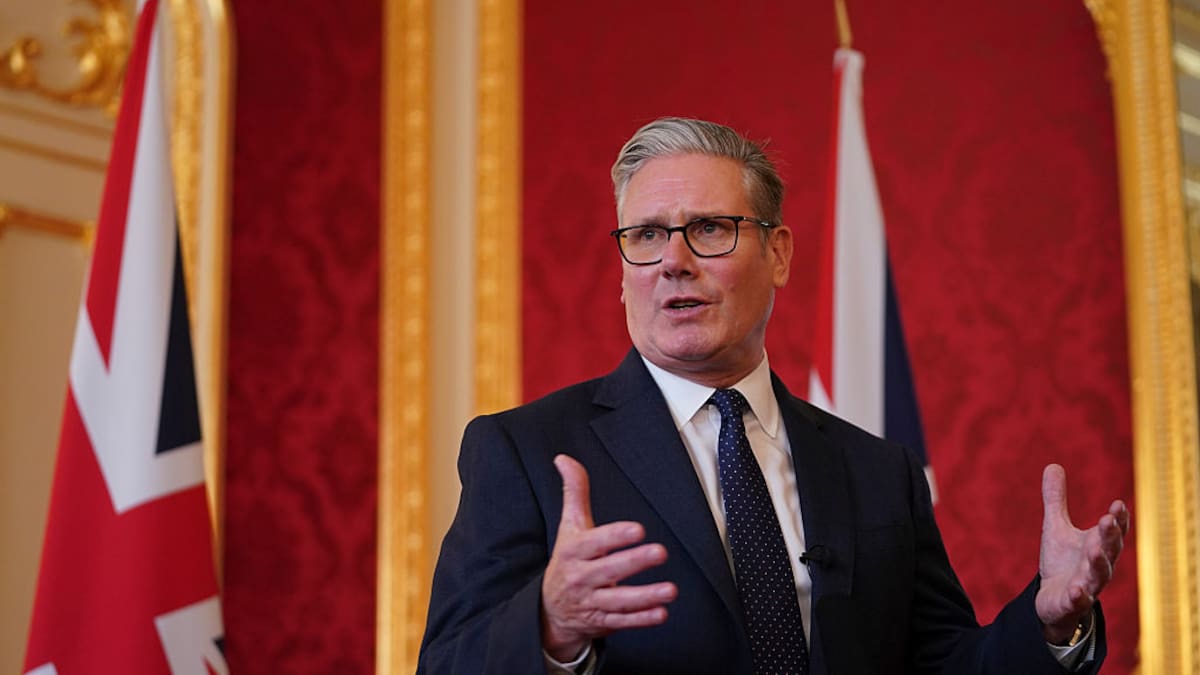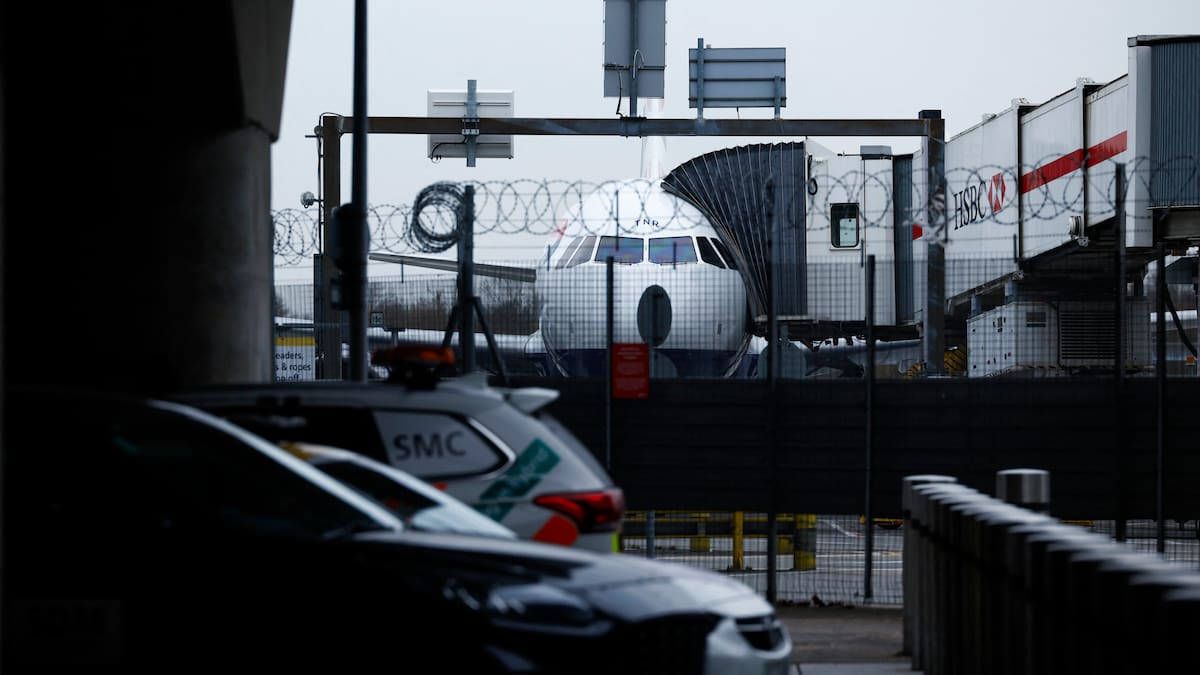The Pacific will not be swayed by “chequebook diplomacy”, the region’s churches warn as thousands protest Japan’s release of treated nuclear wastewater into the Pacific Ocean.
Pacific Conference of Churches general secretary Reverend James Bhagwan said countries accepting aid with silence to Japan’s plan were receiving “blood money”.
Japan began discharging the water from its Fukushima Daiichi nuclear power plant on August 24, 12 years after a meltdown caused by an earthquake and tsunami on March 11, 2011.
More than 1 million tonnes of water – enough to fill 500 Olympic-sized swimming pools, according to the International Atomic Energy Agency (IAEA) – will be released into the sea over the next 30 years.
The UN nuclear watchdog said its two-year review of Japan’s plan found that the release was safe and that the water would have a “negligible” radiological impact on people and the environment.
But the Pacific Islands Forum, civil society and environment advocates in the region are not convinced of the IAEA’s findings.
PCC
Protesters in Suva call on Japan to halt the release of treated nuclear wastewater into the Pacific Ocean.
Japan’s closest neighbours – China, South Korea, Philippines, Taiwan and the Northern Marianas – have condemned Tokyo’s decision, with Beijing imposing a seafood ban including “all aquatic products”.
The UN atomic agency has also been accused of “siding with Japan”, which director general Raphael Grossi has denied.
Thursday’s release was the first of four scheduled between now and March 2024, he said, with IAEA inspectors at the Fukushima plant to publish data for the global community.
Tens of thousands of people have taken to the streets across the region, with calls for government action to avoid what they fear is a looming disaster.
In New Zealand, protesters gathered outside the Japanese Consulate in Auckland – some dressed in hazmat suits, holding signs saying “Please don’t dump any waste here” and “Keep nuclear waste out of the Pacific Ocean”, while others called for the Government to act on Japan’s actions.
The Japanese government is feeling the pressure at home, with rallies across the country calling on Prime Minister Fumio Kishida to “do the right thing and halt the release”.
In South Korea, one rally held next to City Hall in Seoul was organised by about 90 civic groups. Lawmakers from four political parties also appeared at the protest, condemning Kishida’s government and his Korean counterpart, Yoon Suk Yeol, who has publicly supported Japan.
Addressing a protest in Fiji’s capital Suva, Bhagwan likened Japan’s decision to give aid to the Pacific to the biblical account of 30 pieces of silver.
PCC
Pacific Conference of Churches general secretary Reverend James Bhagwan says the “Pacific will not be bought by chequebook diplomacy”.
“We will not be bought by chequebook diplomacy … by any country. While they offer money in terms of the chequebook diplomacy, at the same time they have chosen the cheapest method of disposal.
“We have to stand up and be strong and say, if you give us aid money to be quiet, that is blood money.
“For those of us from the church, we know about the 30 pieces of silver. No more pieces of silver, whether it is on this issue, whether it is on climate injustice, no more pieces of silver.”
Local media reported that former prime minister Frank Bainimarama and FijiFirst Party secretary Aiyaz Sayed-Khaiyum were told by police they could not join the protest.
Sayed-Khaiyum told journalists they had marched, but were informed by police at the end of the rally that they could not be at the venue because “when the permit was applied for, there’s a list of specific NGOs that could march”.
“Even though the march has ended and the permit is only until 12, we are told by police that we cannot be here.”
Fiji police did not respond to Stuff queries.
Bhagwan called on the Pacific Island nations and their development partners, Aotearoa, Australia, the United States and Japan, to “take immediate action and halt the discharge”.
ROBERT KITCHIN/Stuff
Fiji’s Prime Minister Sitiveni Rabuka has been criticised for supporting Japan.
Palau, Fiji, Cook Islands, Papua New Guinea and Federated States of Micronesia have publicly supported Japan.
Fiji’s Prime Minister Sitiveni Rabuka is among Pacific leaders accused of being influenced by Tokyo, which he has denied.
He told journalists following the Melanesian leaders’ summit in Vanuatu that his decision had nothing to do with the debt Fiji owed Japan or the bilaterals shared by both countries.
He said he had “ruffled a few feathers” in his caucus and coalition, with the Fijian parliament passing a motion to ask Japan to stop the discharge.
“The forum has not made its decision. This was a unilateral Fiji decision, and I stand by it.”
The advice from the Pacific Islands Forum has been mixed, including from its panel of experts.
Two members of the panel said it was difficult trying to get data from Japan on the safety of the discharge.
Fukushima operator Tokyo Electric Power Company (Tepco) said this week that its tests of seawater near the nuclear plant contained less than 10 becqueres of tritium per litre – “far below the World Health Organisation’s limit 10,000bl”.
It said that close to 8000 cubic metres – the size of three Olympic pools – would take about 17 days to release.






